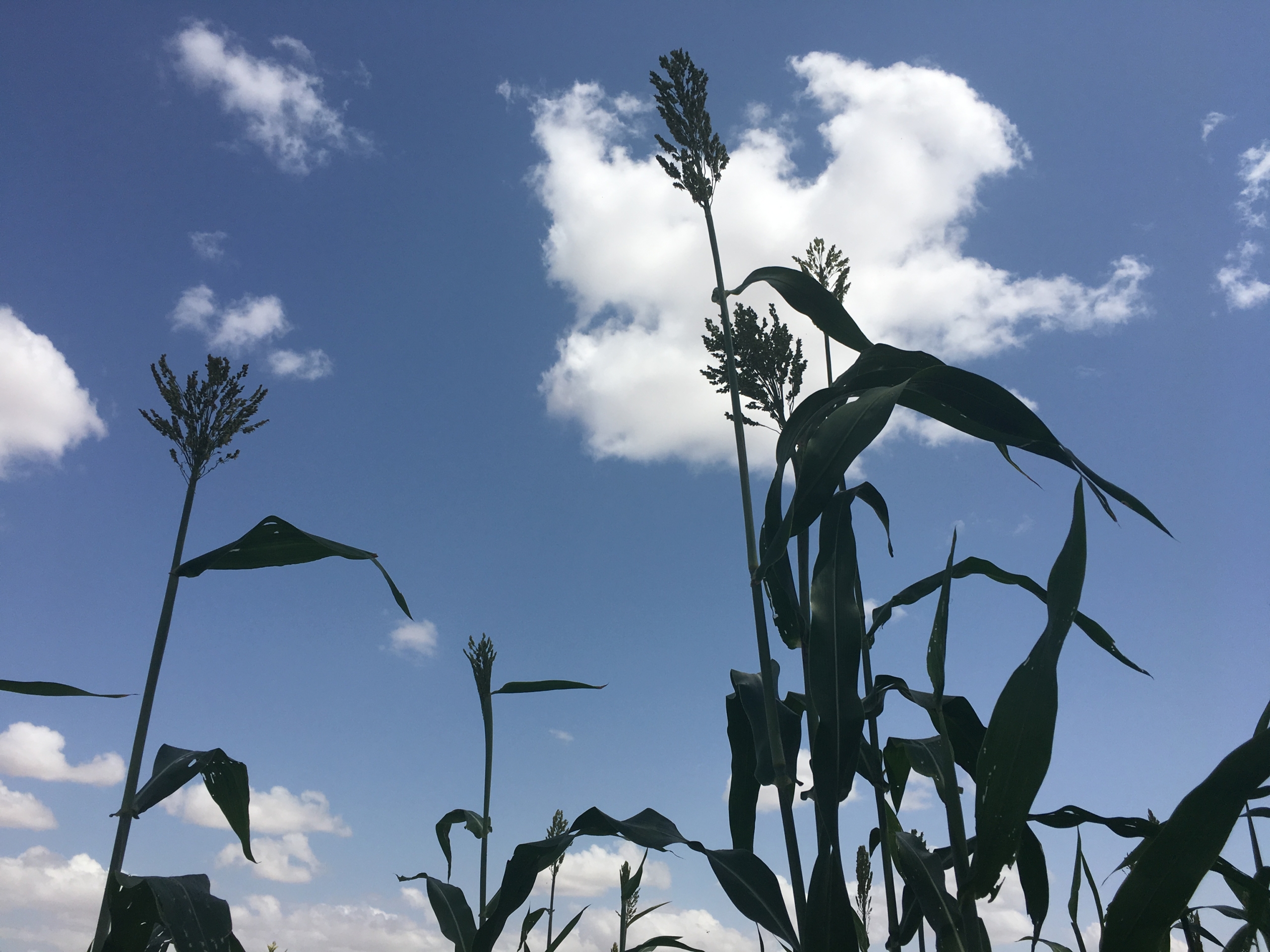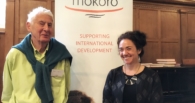Mokoro complexity discussion
Zoe Driscoll
18 October 2012
/
- 0 Comments
On October 10 2012, a group of Mokoro consultants and associates gathered for a discussion led by Dr Jean Boulton on complexity theory and its implications for development practice. Jean, a Senior Research Fellow from the University of Bath and a management consultant, has a background in physics and has spent many years working on strategy and organisation development (see website). Her current interests are in considering how a complexity perspective affects impact evaluation and how social research methodologies can explicitly be situated within a complexity ontology – a view of the world as systemic, emergent, contingent and path-dependent.
The presentation focused around Jean’s recent study, funded by Oxfam, of development work in Turkana, North Kenya, viewed through the lens of complexity. This gave rise to an interesting discussion on the relevance of complexity for international development programme design and impact evaluation.
Complexity
Jean began by defining what is meant by complexity theory. Complexity shows the world functioning as an organic, open system, which Jean illustrated through the image of a wave: a system influenced by history, context, local conditions, chance and events. This is in contrast to the mechanistic, predictable and measurable way that traditional professional methods, often seen in monitoring systems, implicitly assume the world works.
Complexity shows the world as:
Systematic: everything is connected synergistically and open to its surroundings;
Path dependent: the world is affected by the past;
Context-sensitive: every situation is subtly different depending on the particularities on the situations so standardised interventions may not achieve what was intended;
Liable to tipping points: radical new properties can emerge.
Even in times of stability, patterns are constantly impacted by variation, events, shocks, and changes both local and global, and the particularity of the future path depends on the interaction of current stable patterns of relationships with these ‘disturbances’ to patterns. Jean emphasises that this evolving, complex nature of the world is to be embraced (as it is there whether we choose it or not).
Looking at Turkana through a complexity lens
Jean applied complexity theory during a recent research assignment to Turkana (April-June 2012), finding that the complexity lens provided a valuable insight into development.
Jean found very good examples of systematic thinking in Oxfam’s and other organisations’ programme design. For example, the Hunger Safety Net Programme combines both development and humanitarian objectives. Cash transfers enable beneficiaries not only to buy food locally and stimulate the market but also to choose to spend money on school fees or to further stimulate the economy through seeding small enterprises. Women were the primary signatories for smart cards, a method of cash distribution, resulting in female empowerment. The programme showed holistic thinking and built on reflections from previous responses to food insecurity.
Jean’s work highlighted the real value in understanding the past, the history of the Turkana and the interventions that had been implemented. Development workers who really engaged in understanding this context and its particularities naturally demonstrated a complexity mindset, and seemed naturally to review, learn, join up initiatives, build on success, customise ideas, maintain relationships and respond effectively to the unexpected.
In contrast, some initiatives, driven by a desire for fairness and standardisation, sometimes tried to adopt a ‘one size fits all’ approach. For example, with respect to health, the Kenyan Government is aiming to provide two community health workers, trained for 45 days, for every 5,000 people, together with a dispensary. In Turkana, which has a sparse population and poor roads, and where only 10% are literate, this is hard to achieve. Rather than finding a model perhaps more suitable to the context, implementation has stalled. Finally, complexity theory points to the possibility of tipping points, points of no return which, for good or ill, can lead to radical change and emergence of very different regimes. Jean pointed to three potential future tipping points in Turkana and wondered if these receive enough attention in the strategies of development agencies. They are: the Ethiopian dam on the river which feeds Lake Turkana and will hugely impact on fishing; the finding of oil in the region, which is in equal measure an opportunity if local communities have a say in decisions on infrastructure and a share of the profits and a threat if this is allowed radically to change the landscape; and the upcoming national election, which provides a real opportunity for local people to vote for leaders who will champion their cause and, act in their interests.
Jean suggests that development workers in a complex context naturally respond to it, but there is a tension between this way of working and the wholly understandable desire for measurement of attributable outcomes, accountability and value for money. Jean points to the need for continued work on methods of impact evaluation in a complex world which address this tension.
To read Jean’s latest blog on ‘Turkana through the Lens of Complexity’ and her full report click here.
Reflections
The discussion brought about reflections on the nature of development work and the difficulties faced in responding to context, adapting to change and anticipating the future combined with effective planning, monitoring and reporting. The requirements of approaches such as logical frameworks and common monitoring and reporting systems can constrain adaptive responses to local situations and the ability to build on learning, seize opportunities, learn and adapt. There is a balance to be struck between top-down management and bottom-up flexibility in order to achieve results in a complex world.
We are grateful for Jean Boulton’s engaging and thought-provoking presentation at Mokoro.
You must be logged in to post a comment.



